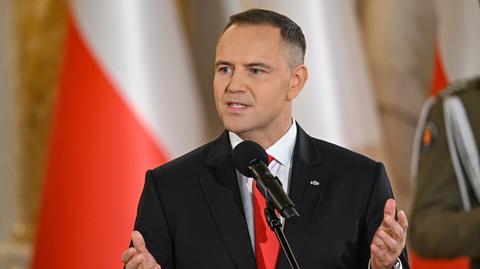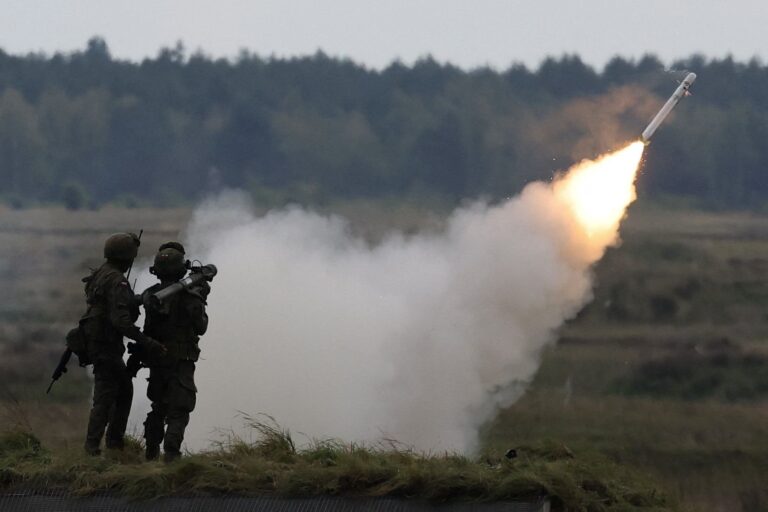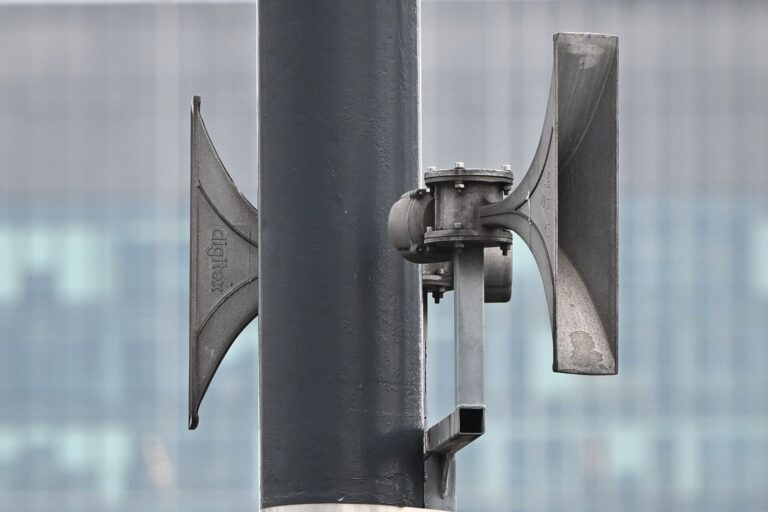Biznes Fakty
Another veto by President Karol Nawrocki

President Karol Nawrocki has exercised his veto against an amendment to the Oil and Gas Stocks Act, as announced by the Presidential Chancellery. This amendment aimed, among other things, to eliminate a provision from Polish law that Brussels considered incompatible with European regulations. The president also vetoed a modification to the Act on Plant Protection Products.
The vetoed legislation imposed a requirement to obtain approval from the relevant minister for the storage of mandatory gas reserves outside the country—in EU, EEA, and EFTA nations.
It also sought to alter the technical specifications for storage abroad so that all supplies could be delivered to the country within 50 days, rather than 40 days as was previously required.
Presidential veto on oil and gas legislation
The amendment eliminated the necessity to reserve transmission capacity at the interconnector while maintaining gas reserves abroad. The existing provision requires those who store gas abroad to reserve transmission capacity specifically for the delivery of mandatory reserves solely for returning them to the country in times of crisis, and this capacity must not be utilized for any other purpose.
The European Commission has stated that the current regulations governing the mandatory natural gas stock system regarding obligations placed on importers and traders who store natural gas outside Poland are inconsistent with Regulation (EU) 2017/1938 of the European Parliament and Council—known as the SoS Regulation concerning gas supply security.
The rationale for the veto indicated that extending the deadline for transferring reserves to 50 days, introducing ministerial consent, and removing the obligation to maintain interconnector capacity are inadequate to guarantee energy security. Additionally, it was pointed out that the provisions in the act regarding the possibility of storing gas abroad, while seemingly promoting competition in the short term, ultimately deter long-term domestic investments, such as gas storage facilities or a second floating FSRU terminal, according to the justification.
The legislation also aimed to modify the rules for maintaining mandatory oil and fuel reserves. According to current regulations, fuel and oil reserves must suffice for 90 days of average daily production or imports, with part of these reserves held as so-called agency reserves by the Government Agency for Strategic Reserves, and the remaining portion held by importers or producers in a specified ratio. Presently, importers and producers are required to maintain reserves adequate for 53 days of average production or imports. The act proposed that RARS would take on an increasing share of this obligation, while the responsibilities of importers and producers would decrease: to 50 days upon the act’s enactment, to 47 days by June 30, 2026, and to 45 days by June 30, 2027.
Plant protection products. Presidential veto.
Nawrocki also vetoed an amendment to the Act on Plant Protection Products. This amendment would have mandated farmers to maintain electronic records of their usage of these products.
In the justification for the veto, the President noted that requiring records to be kept solely in electronic format violates the principles of proportionality, equality before the law, and the duty to safeguard consumers, constituting an unwarranted solution in light of constitutional standards and EU law.
The President criticized the proposal for mandatory electronic documentation of plant protection product usage, asserting that it is overly restrictive compared to EU regulations and the practices of other member states.
It was highlighted that EU regulations permit the use of paper forms as well, and the Polish approach risks digitally excluding farmers, particularly older individuals and those with smaller farms.
It was emphasized that national measures should not impose administrative burdens on farmers that are disproportionate to the objectives of EU regulations.
„It is particularly perplexing that Poland opts for a more restrictive measure than those adopted in other Member States. In Germany, France, and the Netherlands, professional users are allowed to maintain documentation in both electronic and paper formats. These countries not only ensure system transparency but also protect the interests of farmers by offering them genuine choices and assistance through forms and mobile applications,” the justification further elaborated.
The amendment to the Act on Plant Protection Products also introduced a requirement for Electronic Documentation of Plant Protection Product Applications. This would take the form of a machine-readable electronic format for farmers. They would be obligated to include: the name of the plant protection product and its marketing authorization number; the location of application; and the crop type sprayed using EPPO (European and Mediterranean Plant Protection Organization) codes and phenological stages according to the BBCH scale.
The IT system proposed in the amendment was intended to be a web-based application serving approximately 1.3 million users, who would access it through an authorization and login module. Data entered into the IT system would serve as the basis for administrative or criminal proceedings and be the exclusive means of documenting procedures maintained by professional users.



